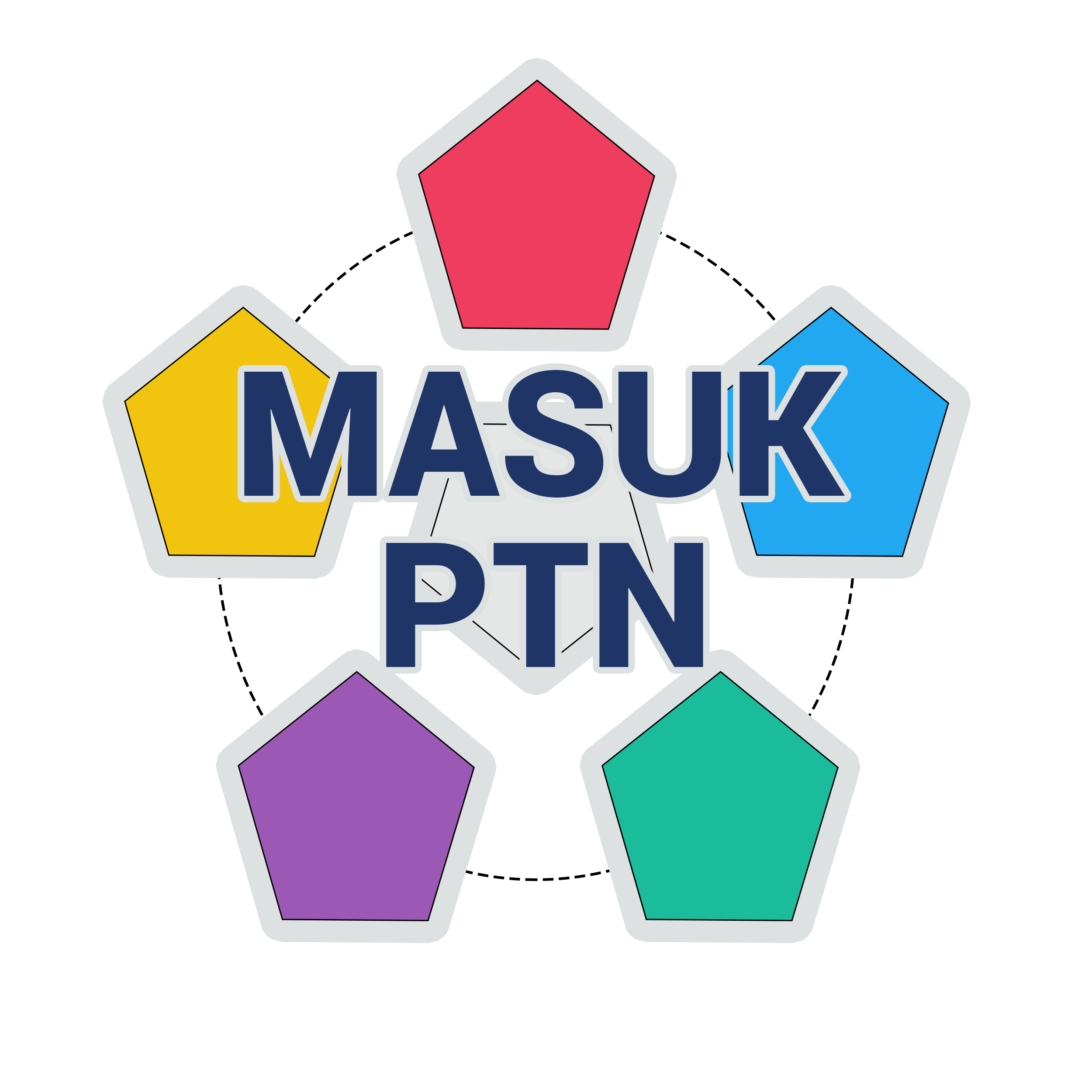SEJARAH
1965 |
EKPA A (Ekonomi Koperasi) EKPA B (Ekonomi Perusahaan). |
|
1970 |
Ekonomi Koperasi Ekonomi Perusahaan. Pendidikan Administrasi Perkantoran. Pendidikan Akuntansi. |
|
1984 |
Pendidikan Ekonomi Koperasi Pendidikan Tata Niaga |
|
2003 |
D3 Akuntansi S1 Manajemen |
|
Berpisah dari Fakultas Ilmu Sosial dan Berdirilah Fakultas Ekonomi: |
|
|
2006 |
Prodi S1-Pendidikan Ekonomi Prodi S1 Manajemen Prodi D3 Akuntansi Jurusan Pendidikan Ekonomi, |
|
2008 |
Jurusan Manajemen, D-3 Akuntansi |
|
2009 |
Prodi S1 Akuntansi |
|
2010 |
Jurusan Akuntansi (D3 Akuntansi dan S1 Akuntansi) Prodi S1-Pendidikan Administrasi Perkantoran Prodi S1-Pendidikan Akuntansi |
|
2011 |
Prodi S1-Pendidikan Akuntansi Prodi S1-Pendidikan Ekonomi Koperasi, Prodi S1-Pendidikan Tata Niaga Memiliki 3 Jurusan : 1. Pend. Ekonomi (memiliki 4 prodi):
2. Manajemen (1 Prodi): · S1 Manajemen 3. Akuntansi (2 Prodi): · S1 Akuntansi, dan · D3 Akuntansi |
LAB
- LAB KOMPUTER
- LAB KEUANGAN
PROGRAM STUDI
THE VISION OF EDUCATION OF OFFICE ADMINISTRATION
TO BECOME A REPUTABLE STUDY PROGRAM IN SOUTHEAST ASIA IN THE FIELDS OF OFFICE
ADMINISTRATION EDUCATION IN 2025
The Mission of Study Program
1. Organizing undergraduate programs in the Education of Office Administration.
2. Developing research activities in the Education of Office Administration, and Office Administration.
3. Developing community services in the Education of Office Administration, and Office Administration.
4. Increasing the competitiveness of students and graduates who have an entrepreneurial-leadership spirit.
5. Developing the study program of Education of Office Administration to become Good Department Governance to ensure stakeholder satisfaction.
Program of Educational Objective (PEO)
The study program of Education of Office Administration aims to produce graduates who can be a competent teacher in the Office Administration with the following characteristics:
1. Students can implement knowledge and skills in Education and Office Administration to solve various problems in the industry or educational institution.
2. Students have professional character, ethics, responsible attitude, and can communicate well, both in writing and orally.
3. Students can become individuals with lifelong learning attitudes through formal and non-formal education.
 MASUK PTN
MASUK PTN